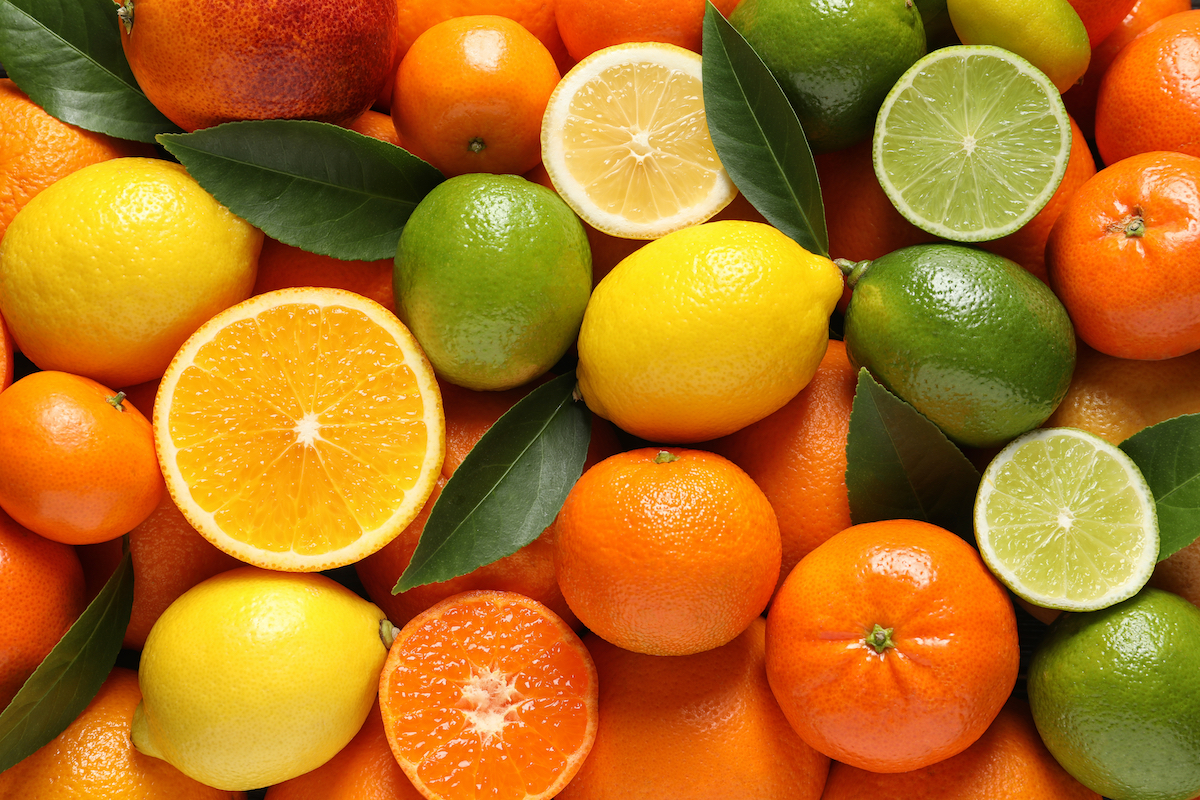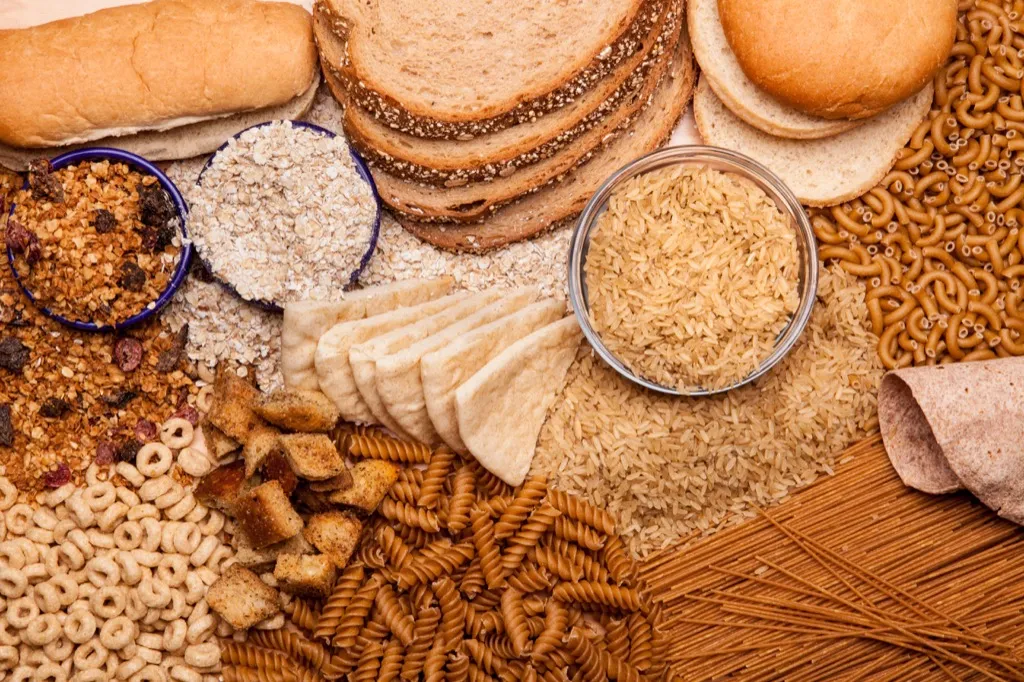The new meta-analysis was published in BMJ Open by researchers in the Department of Urology at Shengjing Hospital of China Medical University. They suggest that coffee’s benefit lies in it containing chemicals with anti-carcinogenic properties, including the ability to suppress an enzyme responsible for tumor formation. The team looked at 16 different studies that examined coffee consumption, noting that those people who drank more joe had a 7 percent lower risk of localized prostate cancer, and around 15 percent lower risk of advanced cancer. While the study authors stressed that more research was needed into the links between coffee and this health benefit, they suggested that of the more than 1,000 chemicals in roasted coffee, two in particular—cafestol and kahweol—are believed to have anti-carcinogenic properties. Chlorogenic acid, which has an antioxidant effect on the body, is also present in the drink. As to how much coffee this means you should be drinking, bear in mind that the Food and Drug Administration (FDA) recommends a maximum caffeine intake of 400 mg per day–or around 4 to 5 cups of coffee, so at least some restraint is advisable. Keep reading for more foods with similar cancer-fighting properties, and for insight into when it’s best to drink your java, avoid The Worst Time to Drink Your Morning Coffee, Study Says.
You don’t need us to tell you that fresh vegetables are good for you, but the American Cancer Society (ACS) specifically recommends “dark green, red and orange, fiber-rich legumes (beans and peas), and others.” Among dark green vegetables, broccoli is believed to be particularly beneficial thanks to the presence of sulforaphane, a dietary component that inhibits the growth of breast cancer stem cells, according to study out of the College of Pharmacy at the University of Michigan. And for more on the symptoms you should look out for, check out These Are All the Cancer Warning Signs Hiding in Plain Sight. Avoiding overly processed, sweetened, or otherwise adulterated fruit is also key, as is choosing “whole fruits in a variety of colors,” the ACS advises. Research has shown that citrus fruits in particular have been linked to a lower risk of developing cancers of the digestive and upper respiratory tracts and of stomach cancer. And for more health news and tips delivered right to your inbox, sign up for our daily newsletter. A 2017 report from the American Institute for Cancer Research and the World Cancer Research Fund recommends that people should be consuming 90 grams of whole grains a day, which is equivalent to one bowl of oatmeal, one sandwich with whole grain bread, or one meal made with brown rice. The thinking is that by making your bowel movements more regular, and diluting them, a whole grain diet moves harmful chemicals through your system faster before they can cause damage. By maintaining a steady diet of whole grains, Cancer Research U.K. suggests you could cut your risk of bowel cancer by 17 percent. And for a surprising way you could be increasing your risk, check out Not Doing This Simple Hygiene Task Boosts Your Cancer Risk, Study Says.ae0fcc31ae342fd3a1346ebb1f342fcb Garlic contains allicin, a compound that has been shown to kill cancer cells in test-tube research. Multiple studies have suggested that eating more garlic—around a clove a day—could lead to decreased risks of stomach, prostate, and colorectal cancers. And for more ways to reduce your risk, check out Exercising at This Exact Time Can Lower Your Risk of Cancer, Study Says.

